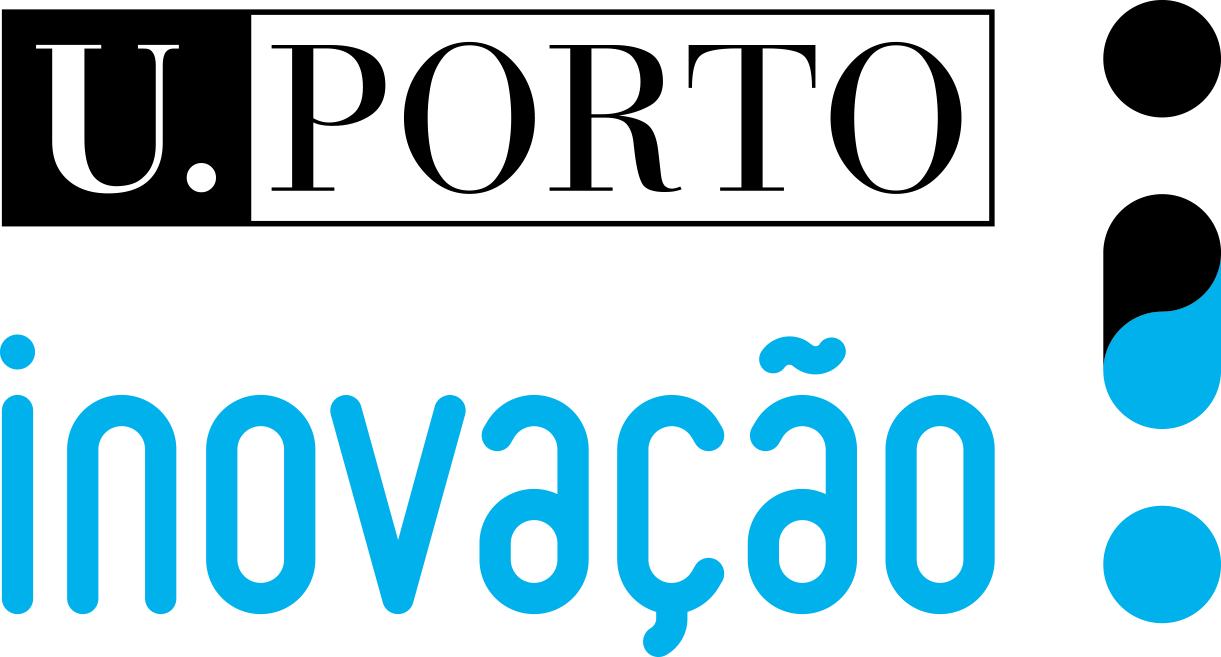MONITORIA is a new generation non-invasive device intended to continuously monitor the most predictive factors of heart failure decompensation, on ambulatory, namely heart rate, heart rate variability, T wave variability, electric conduction abnormalities, atrial and ventricular arrhythmias, respiratory rate, peripheral oxygen saturation, myocardial ischaemia/infarction signs, systemic arterial blood pressure, right and left atrial pressures, lung impedance, cardiac output, skin sodium content and physical activity levels.
Device-based home monitoring allows continuous measurement of vital variables on an objective way, and those which are noninvasive should be preferred for the elderly patients. Literature is profitable for reports about these devices. However, most of them are designed to monitor a single variable or class of variables, and there are no large randomized studies about their impact on morbidity /mortality of HF patients.
MONITORIA brings together in a single device a set of sensors, which provide a more precise perspective of the heart failure and its decompensations; it is noninvasive, wireless, wearable and its design minimizes movement artifacts, while not interfering with daily living; It has, also, an electromagnetic interference filter in order to assure its optimum performance; and finally, this device will allow not only monitoring but also the execution of urgent therapies.
The device performs continuous analysis and transmission of all data and significant alterations in a patient’s variable alert the treating physician immediately via a SMS. In the presence of a potentially life-threatening or lethal situation the system will also send an alert to the national emergency medical system (INEM) and a medical emergency team (MET) will immediately be sent to the patient’s home.
MONITORIA will be very useful in the health market, with bilateral advantages. This is, patients will have advantage using this device because having a better control of heart failure they will gain quality of life, will be more productive to the society and will make less use of health units, reducing namely hospitalizations and hence greatly reducing the costs that the national health system has with these patients. On the other hand, the national health system will have an additional advantage because, if the patient chooses to rent the device, he will pay a monthly fee until he passes away. And after being returned by the patient's family, this same device may be used by another patient, and so on.
In the private health sector, MONITORIA will also be very profitable, since either private clinics or hospitals, or even medical equipment stores, can sell or rent it to patients. And the community of patients with HF starting to realize the advantages of this device (in terms of quantity and quality of life) will be a profitable customer, taking into account the worldwide prevalence of HF.






